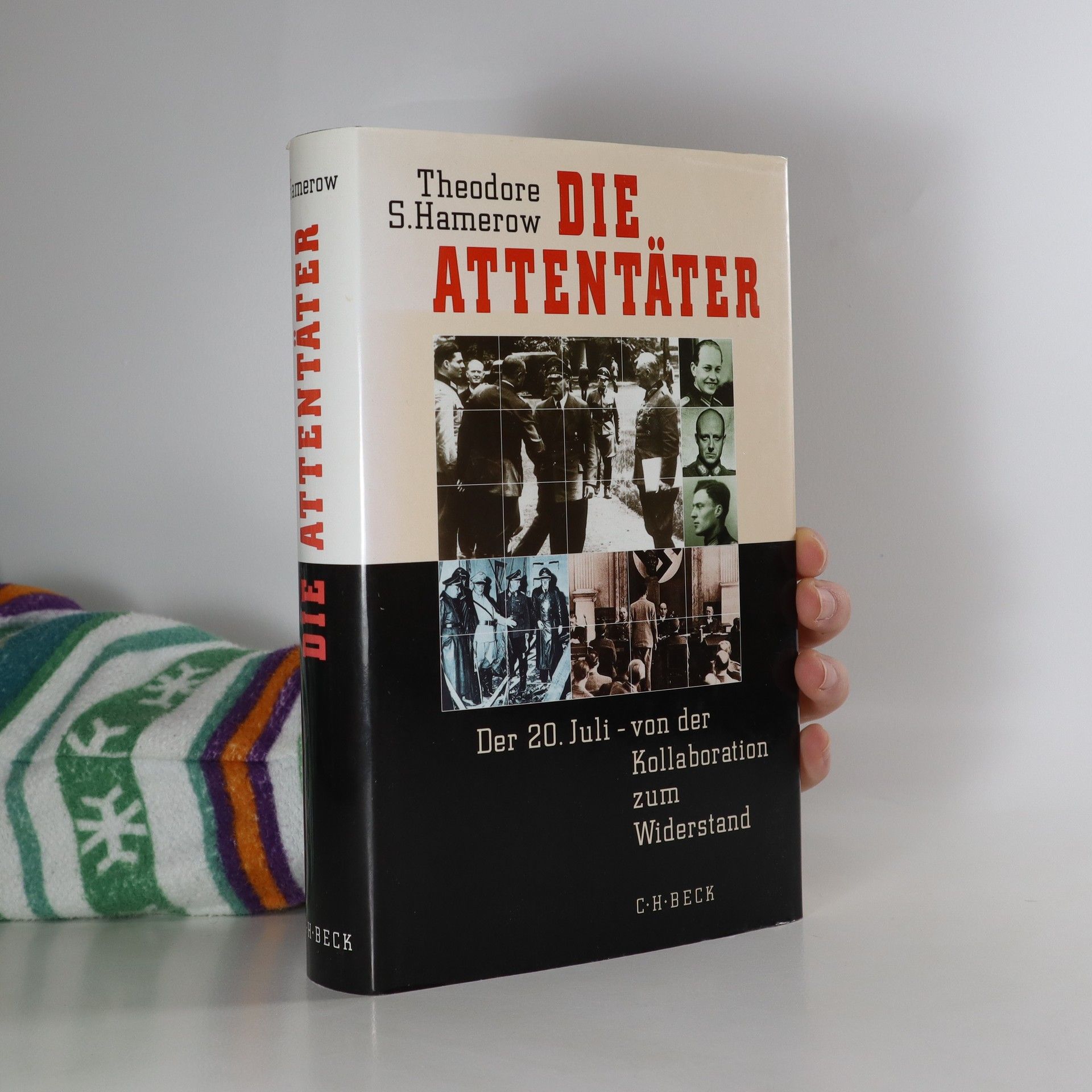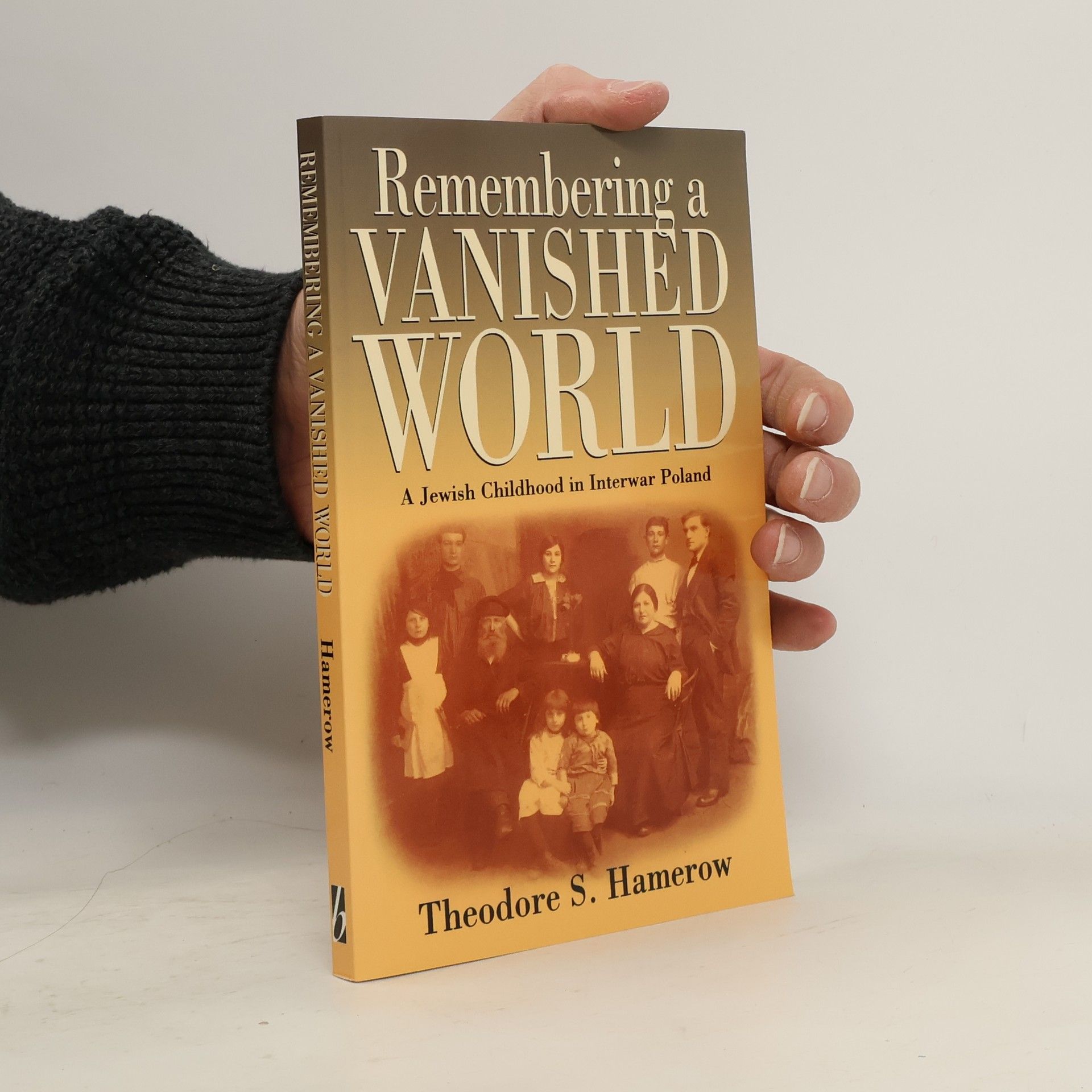Theodore S. Hamerow Boeken




Restoration, Revolution, Reaction
Economics and Politics in Germany, 1815-1871
A study of the economic and social changes which shaped the movement for German unification. The author emphasizes the effect of industrialism on urban life, traces the decline of manorialism in agriculture and seeks to show that the political movements of these years were profoundly influenced by the economic transition from agrarianism to capitalism.
The book explores the life of Theodore Hamerow, a historian born in Warsaw in 1920, who grew up in Poland and Germany amidst a vibrant Yiddish theater scene, thanks to his parents' involvement with the Vilna Company. It delves into the significant movement within the Eastern European Jewish community that aimed to establish a secular Jewish culture centered around the Yiddish language in the decades leading up to World War II. The narrative highlights the cultural and historical context of Jewish identity during this transformative period.
Die Verschwörer des 20. Juli 1944 – wer sie waren, wie sie dachten, warum sie handelten. Der Attentatsversuch auf Hitler von Claus Graf Schenk von Stauffenberg am 20. Juli 1944 gilt als herausragende Widerstandstat gegen die nationalsozialistische Diktatur. Das steht auch für den amerikanischen Historiker Theodore S. Hamerow außer Frage. Er weist in seiner detaillierten Schilderung der Personen und Ereignisse jedoch nach, dass die Mitglieder des militärischen und konservativen Widerstandes nicht von Beginn an gegen den Nationalsozialismus opponierten, sondern vielmehr als Gegner der Weimarer Republik das neue Regime unterstützten und auf ein wiedererstarktes deutsches Reich hofften. Erst durch die zunehmende Radikalisierung und Brutalisierung der NS-Diktatur kamen sie schließlich zu der Überzeugung, dass das Attentat auf Hitler und der Staatsstreich unumgänglich waren, um der Tyrannei Einhalt zu gebieten.